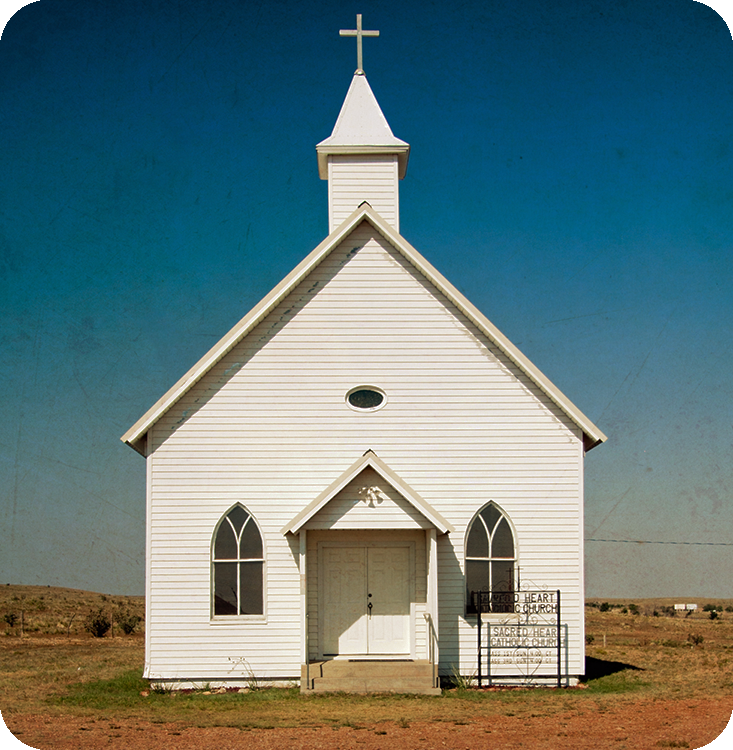Archive for June, 2014
Pastors Today
Pastors today are leading in times that are changing at a record pace. From my personal experience of pastoring local churches for over three decades, I can testify that in the past five to seven years, change is racing out of control.
What are pastors today facing?
Pastors today are trying to figure out several things about leading a church, like:
- Where is the church going in the future?
- How do we deal with members coming to church less frequently?
- How do we speak to the cultural issues in our day?
- How do we create a disciple making culture in the church?
- What is the best way to equip people to become involved in personal evangelism?
These are real live issues every pastor faces.
Years ago, most of this was much easier. Things were changing at a slower rate of speed. Church membership meant you were faithful in attendance, giving, and service. Cultural issues were seemingly less severe. Making disciples was much more the desire of the church, and many venues for doing so were consistently available. Personal evangelism was much more of an expectation because Christ-followers shared their faith unashamedly.
So when you serve as a pastor of a local church, you must lead and navigate through this constant tension. Can you do it? Yes, you can. The question is, will you do it?
Pastors today:
 1. Need to always believe the Bible is their textbook for pastoring and leading the church.
1. Need to always believe the Bible is their textbook for pastoring and leading the church.
Every pastor I know has a lot of noise in his ears, screaming and begging for attention. Yet, there is one source, one authority, one textbook that every pastor must always have. It is the Bible, God’s Word. Yes, there are many books that can contribute to pastoring a local church, but all books need to be filtered through the only authoritative book, the Bible. Therefore, the Bible is the Pastor’s textbook for pastoring and leading the church.
 2. Need to always believe that the church belongs to Christ and He will build His church.
2. Need to always believe that the church belongs to Christ and He will build His church.
In Matthew 16, Jesus was very clear that the church was built on Him and that He will build His church! He was not shy about this, nor did he apologize for it. He was clear in His voice and compelling in His vision. His church was on the offense, not the defense. Even the gates of hell cannot prevail against the church of Jesus Christ. Therefore, the church belongs to Jesus alone and He will build His church.
 3. Need to always believe the church is to take the Gospel to the entire world and make disciples of all the nations.
3. Need to always believe the church is to take the Gospel to the entire world and make disciples of all the nations.
Our Lord commands us to take the Gospel to all people and make disciples of all the nations. This is not a suggestion nor is it an option; it is Jesus’ command. The entire world includes our world, beginning right here. For me, it is Northwest Arkansas. Where is it for you? Yes, it includes America, and even the world. What a Great Commission it is! Therefore, each Christ-follower and church must own this Great Commission given to us by Jesus Christ, getting it done to God’s glory.
Final words
So in this changing world of pastoring a church, just stay anchored to the Word of God, convinced Jesus will build His church, and focused on taking the Gospel to the entire world, making disciples of all the nations.
If you do this, God will take care of the rest.
Yours for the Great Commission,
Ronnie W. Floyd
Joyful Faith
One of the strange paradoxes of the Christian faith is that we can know pure, authentic joy even in the midst of trials. Far from crushing our faith, we can know joy when we understand why God allows us to endure trials. Mary Jo Sharp, writing in the Summer 2014 sessions of Bible Studies for Life, said, “We respond to difficulties and suffering in a variety of ways. Some of us respond with anger, dogged determination to fight it, or passive resignation. Others respond with introspection or by asking, ‘Why me?’ But who responds with joy? Yet joy is the very attitude the Bible calls us to embrace.”
What does the Bible say?
As we look in Scripture, we find joy in various places related to our suffering: during suffering and/or after suffering.
The Apostle Peter wrote, “Dear friends, don’t be surprised when the fiery ordeal comes among you to test you as if something unusual were happening to you. Instead, rejoice as you share in the sufferings of the Messiah, so that you may also rejoice with great joy at the revelation of His glory” (1 Peter 4:12-13, HCSB). Peter reminds us that suffering is a part of our lives as followers of Christ, and we should rejoice that we are sharing in the life of Christ. He also, however, indicates joy that will be at the end of our journey, “at the revelation of His glory.”
Joy and Suffering
Joy after suffering is often forgotten, and we sometimes feel guilty if we have not been “happy enough” while in trials. Most believers are familiar with the passage in the gospels in which Jesus asks the Father to deliver Him from the cup of suffering. In the end, He surrendered wholly to His Father’s will, saying, “Not my will, but yours be done.”1 What we do not always see is the attitude aligned with His obedience: future joy.
Remember the significance of the cup and the cross? The cup represented the sin of the world and the cross was the place where Jesus would become sin for us. Jesus was obedient, but the scripture never says He was joyful about being made sin. It was the opposite. His joy, in fact, was on the other side of the cross. There is an oft-missed phrase in Hebrews giving us insight into the attitude of Jesus as He faced this redemption providing sacrifice: “[K]eeping our eyes on Jesus, the source and perfecter of our faith, who for the joy that lay before Him endured a cross and despised the shame and has sat down at the right hand of God’s throne.”2 (Emphasis added.)
Joy is Coming
Note carefully His attitude in each part of the journey. The joy was on the other side of a cross He endured and shame He despised. Jesus found no joy in the cross, but He knew joy was coming.
This is how the psalmist expressed it, “Weeping may spend the night, but there is joy in the morning.”3 In times of trial, there are two opportunities for joy. One is during the trial itself. But, even when we do not find joy in the trial, we can live with the hope of joy after it.
As you walk through life this week please remember these two things:
- Look for joy in your trials this week.
- Live with hope for joy after it.
Going through trials is never easy. Yet, through the trials, God teaches us and builds in us the future hope of joy forever.
Yours for the Great Commission,
Ronnie W. Floyd
Senior Pastor, Cross Church General Editor, Bible Studies for Life1– Luke 22:42
2– Hebrews 12:2, HCSB
3– Psalm 30:5b, HCSB


